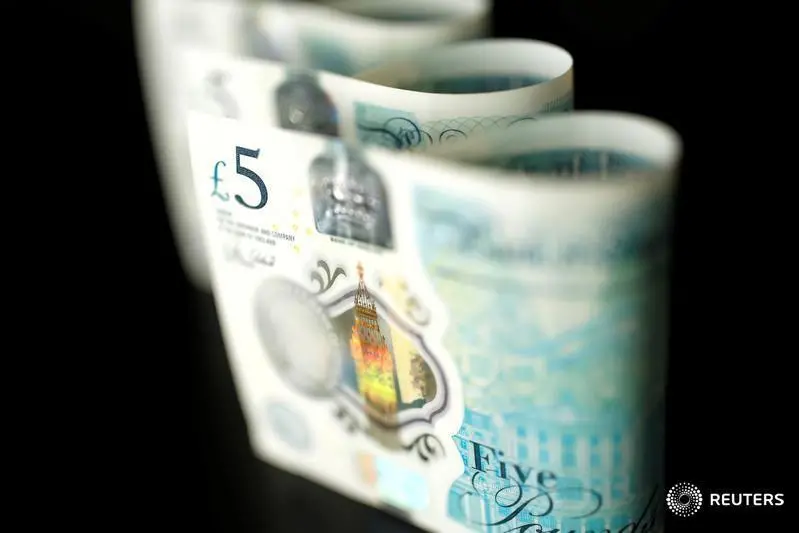PHOTO
LONDON - Sterling fell against the dollar, which swept higher against a range of currencies on Tuesday, while British manufacturers reported one of the sharpest falls in activity in over a decade.
The pound was down 1.1% to $1.05445, its biggest drop since mid-December, and was 0.1% higher against the euro, trading at 88.41 pence.
The downward swing can be attributed to a stronger dollar rather than UK-specific factors, market sources said.
"I think it is more a strong dollar story, given that eur/usd, usd/jpy etc have shown similar price action since the openings," Stuart Cole, head macro economist at Equiti Capital, said.
The dollar - where investors usually head when risk sentiment is on - moved up to a two-week high, even as European equities rallied 1.7%
"There is a sense of optimism in the markets this morning, reflected in the rallies we have seen in equities, although whether we are seeing the markets over-reacting to better news remains to be seen," said Cole.
The pound remains not far off a six month high of $1.24460 touched on Dec. 14, but the outlook is murky as recession fears, high inflation and a cost-of-living crisis weigh on the British economy.
The S&P Global/CIPS UK manufacturing Purchasing Managers' Index (PMI) was expected to sink to 45.3 in December from 46.5 in January, its lowest since May 2009 apart from two months at the start of the COVID-19 pandemic in 2020.
The reading released on Tuesday was stronger than an initial estimate of 44.7 released last month, but well below the 47.8 reported in the equivalent euro zone survey on Monday.
Britain's Department of Work and Pensions said on Tuesday that millions of low-income households will receive cost-of-living support from the government of up to 900 pounds ($1,084) over the financial year.
The BoE has hiked interest rates nine times since December 2021 to try to lower inflation that remains near a 41-year high.
(Reporting by Lucy Raitano; editing by Barbara Lewis)





















